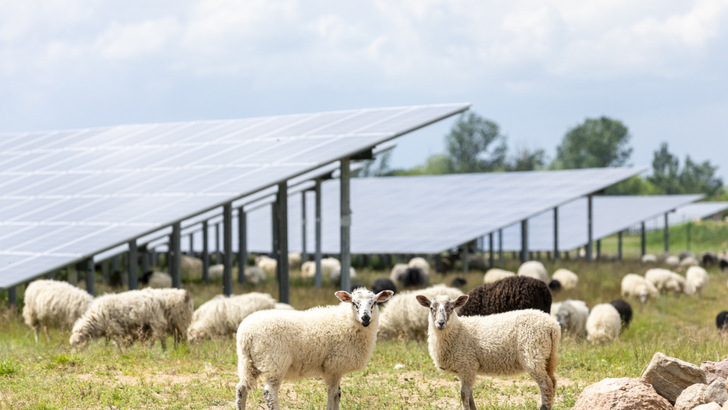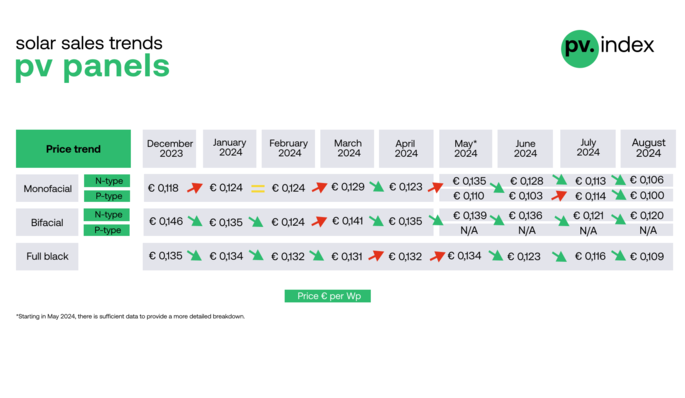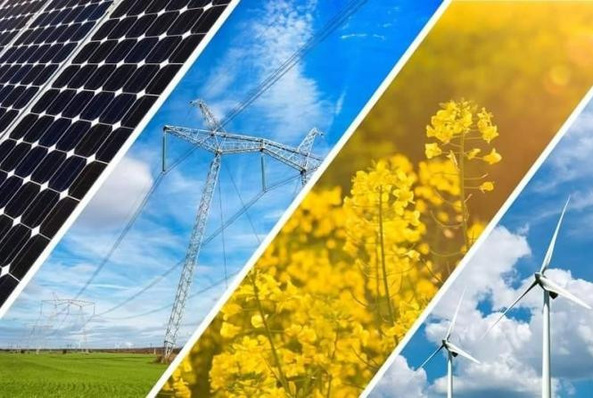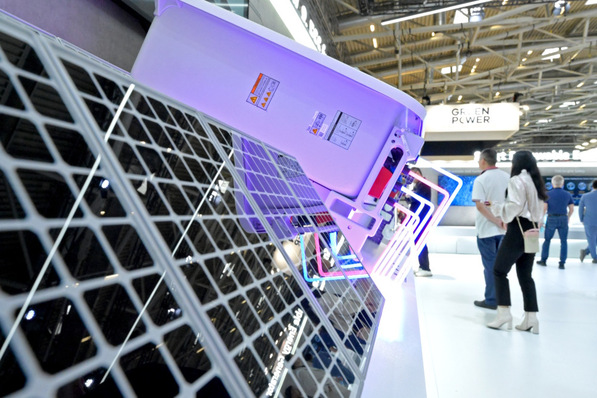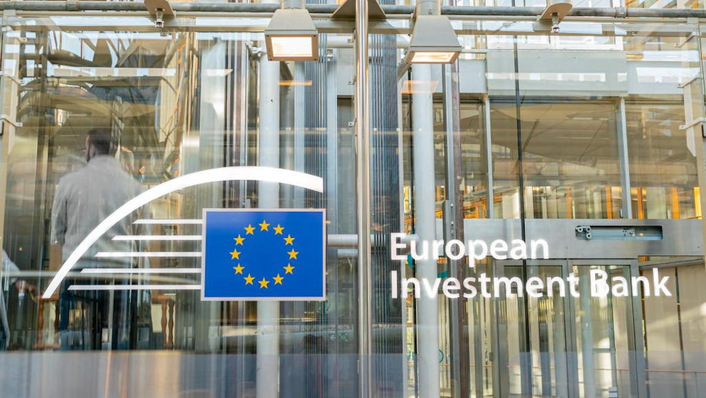EU countries continue to fall short in enacting the permitting reforms needed to accelerate the shift to renewable energy. Despite a clear EU framework to streamline approval processes, implementation across Member States remains patchy, with real-world progress still lagging.
The EU’s revised Renewable Energy Directive (RED III) entered into force on 20 November 2023, setting a binding minimum target of 42.5% renewables by 2030. To help meet this goal, the directive introduced specific measures to speed up permitting for renewable projects. Member States were required to transpose these provisions into national law by 30 June 2024. Although some good practices have emerged, implementation of the streamlined procedures remains slow more than a year past the deadline.
Key issues
The report highlights several key issues under RED III:
- Permitting timelines are not accelerating, risking non-compliance with RED III deadlines.
- Acceleration areas have caused confusion, leading to overly complex and burdensome processes—and, in some cases, the creation of no-go zones.
- Simplified permitting for solar on artificial surfaces is often overlooked, resulting in missed opportunities to meet energy needs.
- The principle of overriding public interest (IROPI) is not being applied in practice to solar PV projects.
Nine evaluation indicators
Lina Dubina, Policy Advisor for Sustainability at SolarPower Europe: “Now is the time to accelerate solar permitting to drive the rollout of renewables, phase out fossil fuels, and strengthen Europe’s energy security and competitiveness. We urge the European Commission to work closely with Member States to turn legislative ambition into real on-the-ground progress.”
Expert analysis: Key challenges and opportunities for the European renewable energy market
National transposition is measured against nine indicators covering various planning and permitting measures. Since SolarPower Europe’s 2023 RES Booster report, progress has been made on six of the eight comparable measures (RES mapping was not previously assessed). At the time of publication, fewer than half of the assessed measures had been transposed into national law.
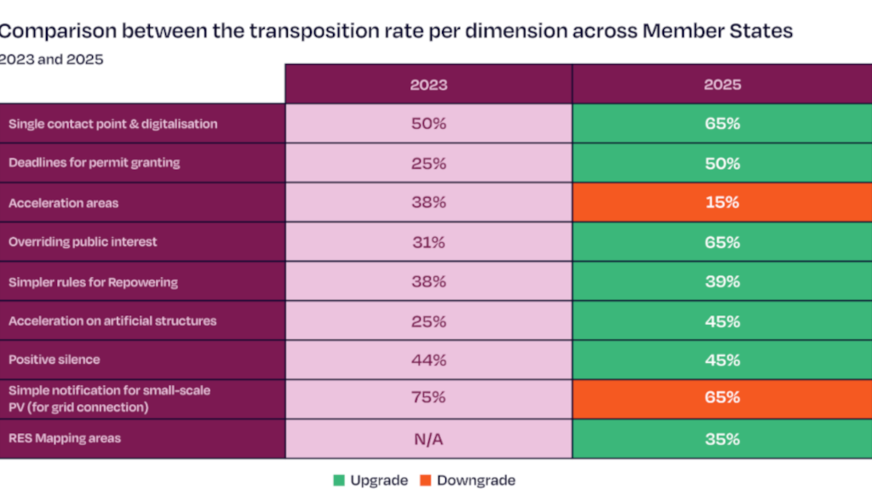
SolarPower Euroope
The analysis also highlights significant differences in how Member States are approaching permitting reform. Italy, Romania and Slovenia lead the way, with 78% of key measures either transposed or underway. At the other end, Latvia ranks lowest with just 13%, followed by France, Croatia, the Netherlands and Slovakia at 22%. Yet even high transposition rates do not always result in meaningful implementation on the ground.
Policy recommendations
Streamlined permitting is critical to accelerating renewable energy deployment across Europe. Effective implementation will depend on coordinated action at both EU and national levels. Drawing on its findings, SolarPower Europe has issued the following policy recommendations:
- Prioritise implementation of existing EU rules over further deregulation
- Support Member States in the timely application of RED III permitting provisions
- Encourage the introduction of regional RES targets
- Assist Member States in harmonising fast-track permitting measures
- Facilitate knowledge-sharing and exchange of best practices
- Support clear, publicly accessible guidelines for IROPI
- Provide funding and training for regional and local permitting authorities
- Promote simplified and harmonised permitting for innovative solar technologies
- Ensure streamlined permitting procedures for hybrid RES projects.
The reportis available here (hcn)

